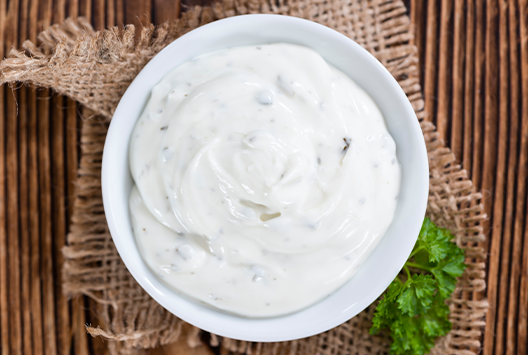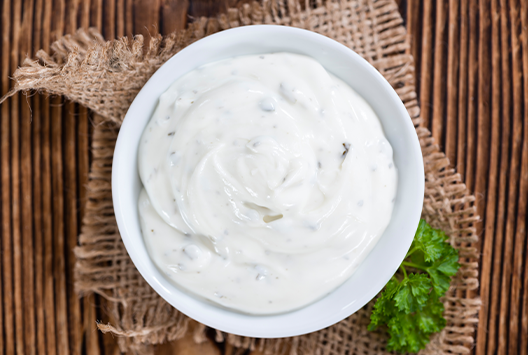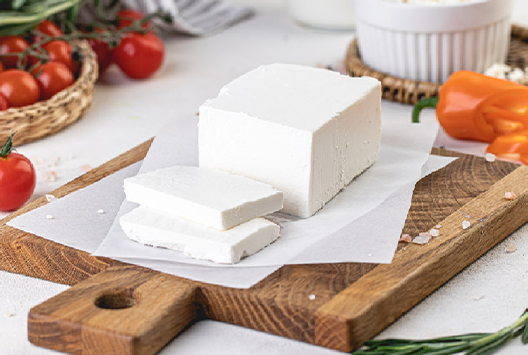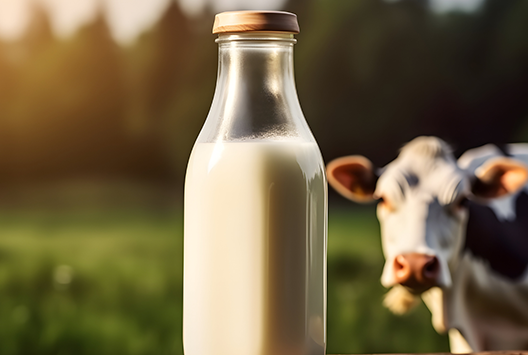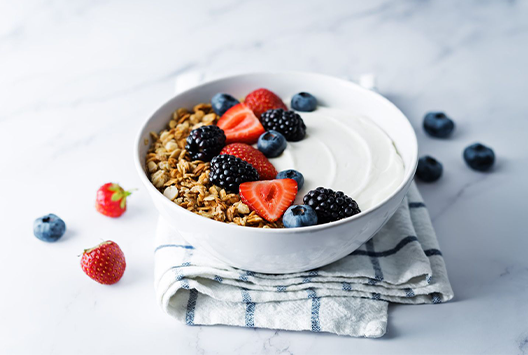
Discover the Benefits of Yoghurt as a Staple in Your Diet
Similar
Yoghurt has been consumed by humans for thousands of years. It is a delicious and nutritious food that is rich in protein, calcium, and other essential nutrients. In recent years, yoghurt has become increasingly popular as a staple in many people’s diets, thanks to its many health benefits. If you wish to improve your overall health and well-being, then adding yoghurt to your daily diet could be an excellent step in the right direction.
This article discusses the various benefits of yoghurt and why you should consider making it a regular part of your diet.
Appreciating yoghurt
Yoghurt is a fermented dairy product made by adding live bacteria cultures to milk. The bacteria convert lactose, the natural sugar in milk, into lactic acid, which gives yoghurt its tangy flavor and thick texture.
Yoghurt can be made from various types of milk, including cow, goat, sheep, and even plant-based alternatives like soy and almond milk.
Yoghurt is nutrient-dense
Yoghurt is a nutrient-dense food, which means it contains a high amount of essential nutrients with relatively few calories. A typical eight-ounce serving of plain yoghurt provides the following:
Calories: 149
Fat: 8g
Sodium: 113mg
Carbohydrates: 11.4g
Fiber: 0g
Sugars: 11.4g
Protein: 8.5g
Phosphorus: 233 mg
Calcium: 296mg
Riboflavin: 0.34mg
Yoghurt is also a fantastic source of probiotics, which are beneficial bacteria that reside in our gut and promote digestive health. Probiotics can help improve bowel regularity, boost the immune system, and alleviate symptoms of digestive disorders such as irritable bowel syndrome.
It can help with weight management
Yoghurt can be an effective food for weight management because it is high in protein and low in calories. Protein is a satiating nutrient that can help you feel full and satisfied, which can prevent overeating and snacking between meals.
The calcium in yoghurt can help regulate metabolism and reduce the amount of fat absorbed by the body. Studies have shown that including yoghurt in your diet can help with weight loss and weight maintenance.
In one study, overweight women who ate yoghurt as part of a reduced-calorie diet lost significantly more weight than those who didn’t consume yoghurt.
It can improve bone health
Calcium, which is necessary for maintaining strong and healthy bones, is abundant in yoghurt. The main mineral that forms bones is calcium, and a lack of it can cause osteoporosis, which is characterized by brittle and frail bones.
The vitamin D in yoghurt can help the body absorb calcium more efficiently. It is a fat-soluble vitamin that is naturally found in a few foods, including fatty fish, egg yolks, and mushrooms that have been exposed to sunlight. However, most people get their vitamin D from fortified foods or supplements.
It is versatile and delicious
As a versatile food, yoghurt can be consumed in a variety of ways. It may be consumed unflavored or with the addition of fruit, honey, or other natural sweeteners. It can also serve as the foundation for sauces, dressings, dips, and smoothies.
Greek yoghurt, which is strained to remove the whey, is thicker and creamier than regular yoghurt and contains more protein. It can be used in recipes that require a thicker consistency, such as cheesecake, muffins, and pancakes.
It is a convenient and portable snack
Yoghurt is a convenient and portable snack that can be enjoyed on the go. It can be packed in a lunchbox or kept in the office fridge for a quick and easy snack. Yoghurt cups and drinkable yoghurt bottles are also available in most grocery stores and vending machines.
Embrace the goodness with Baladna yoghurt
Whether you prefer Greek, plain, or flavored yoghurt, ensuring that it is a regular part of your diet can help you reap the many benefits it has to offer.
So, why not add a serving of yoghurt to your daily eating routine and enjoy the many benefits yoghurt has to offer?
Get your daily yoghurt serving with Baladna! We ensure consumers’ wellness by providing natural, nutritious, and tasty foods and beverages while maintaining the most rigorous food safety and biosecurity protocols. Get your delicious yoghurt now!
